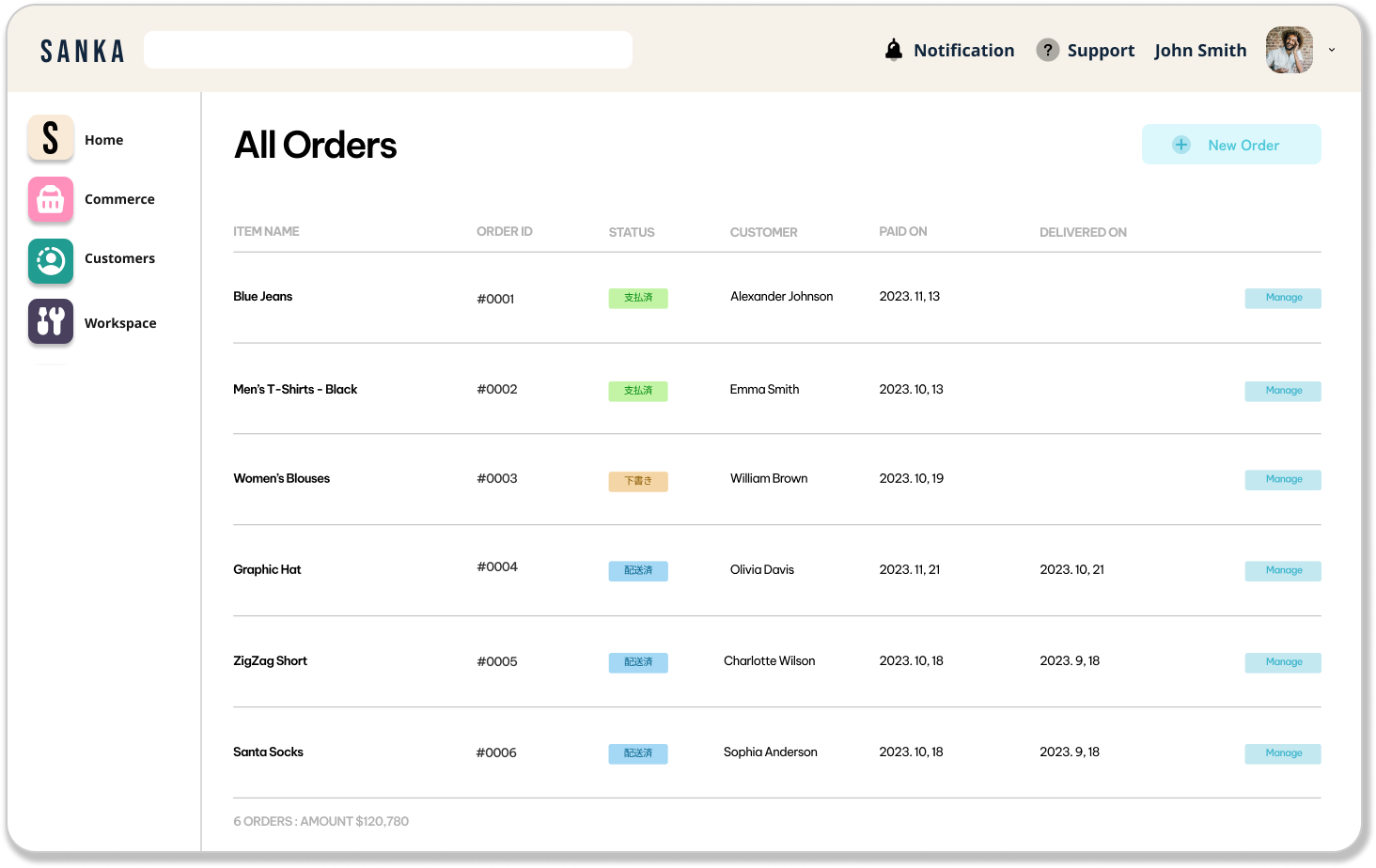What you will get from this article:
- Know exactly the definition of work to work
- Understand why work to work can kill your productivity
- Explore tools and strategies to avoid work to work
Introduction:
Do you ever feel like you're constantly working, but not actually getting anything done?
Do you spend hours in meetings and responding to emails, only to find that you haven't made any real progress on your projects? If so, you might be a victim of "work about work."
Work about work refers to all the administrative tasks that take up your time and energy, but don't actually contribute to your bottom line.
It's the busy work that keeps you from doing the real work that you were hired to do. And unfortunately, it's all too common in today's fast-paced, always-on work culture.
But don't worry, there are ways to escape the cycle of work about work and start focusing on what really matters.
In this article, we'll explore what work about work is, why it's so prevalent, and most importantly, how to avoid it. So if you're ready to reclaim your time and energy, read on.
What Exactly Is "Work About Work"?
When it comes to getting things done, it's easy to get side-tracked by tasks that don't directly contribute to the progress of your project.
These are known as "work about work", and they can be a real time-waster if left unchecked.
So, what exactly is work about work? Simply put, it's any task that takes up time and energy but doesn't directly contribute to moving the project forward.
This can include tasks like attending meetings, creating reports, setting up systems or processes, or any other task that takes up time but doesn't directly contribute to the goal of the project.
It's important to note that not all work about work is bad—sometimes there is value in taking a step back and looking at the larger context of a project.
But when left unchecked, too much time can be wasted on activities that don't actively move the project forward. That's why it's important to recognize and identify tasks that are truly necessary for making progress on your projects.
The Problem With Excessive Meetings and Admin Tasks

Are most of your workdays filled with back-to-back meetings and administrative tasks that seem to take up all your time? This constant "work about work" can be frustrating and drain your productivity.
According to research, the average worker spends 58% of their time on ‘work about work’, including activities that don't actually contribute to their job responsibilities, such as filling out paperwork or attending unnecessary meetings.
These tasks may seem important, but they can accumulate and take away valuable time from the actual work that needs to be done.
Too many meetings can also lead to a decrease in employee morale and a lack of communication within teams.
To combat this problem, it's important to assess which tasks are essential and which can be delegated or eliminated.
Look for ways to streamline administrative tasks through technology or automation.
Consider setting limits on the number and length of meetings, ensuring that they are focused on specific goals and outcomes.
Remember, the ultimate goal is to free up more time for meaningful work that contributes to achieving your team's objectives.
How to Identify Work About Work in Your Own Role
It may not be immediately obvious, but work about work is a sneaky time-waster that can really take its toll on your productivity.
So, how do you identify what work about work looks like in your role? Here are a few things to look out for:
Redundant Meetings
Do you find yourself attending meetings that don't seem to have any clear purpose or outcomes?
If so, this is likely an example of work about work. Meetings should have a specific agenda with clear goals and action items.
Excessive Email Communication
Do you find yourself constantly checking and responding to emails throughout the day?
While communication is important, if your inbox is taking up a significant portion of your day, it's likely that you're dealing with too much work about work.
Consider setting designated times during the day to check and respond to emails.
Task Management Overload
If you find yourself constantly updating task lists and spreadsheets with information that doesn't seem directly related to the actual work you're doing, this could be another sign of work about work.
Streamline your task management process by focusing only on tasks directly related to achieving your goals and objectives.
By identifying these common signs of work about work, you can start taking steps to reduce its impact on your productivity and effectiveness at work.
Remember, focusing on meaningful tasks will help you achieve more in less time.
Why Work About Work Reduces Productivity and Morale

Have you ever felt like you were working hard, but not actually getting anything done? That's the frustrating reality of work about work.
When you spend your time on tasks that don't add value to your job, it can lead to decreased productivity and morale.
Here are some reasons why work about work is such a problem:
Time-wasting
Tasks like filling out paperwork or attending meetings that could have been an email often take up valuable time that could be spent on more important projects.
When you're bogged down with work about work, you have less time to focus on the tasks that actually matter.
Lack of engagement
When you're constantly doing tasks that don't feel meaningful or important, it can be hard to stay engaged and motivated.
This can lead to a decrease in morale and job satisfaction.
Burnout
Working on tasks that don't add value can also lead to burnout.
When you're constantly busy with meaningless tasks, it can feel like you're not making progress and that all your hard work is for nothing.
This can lead to feelings of frustration and exhaustion.
To avoid work about work, it's important to prioritize your tasks and focus on the ones that will have the biggest impact.
Delegate tasks that don't require your expertise and try to streamline processes wherever possible.
By being mindful of your time and energy, you can avoid the pitfalls of work about work and stay productive and engaged in your job.
Tips to Minimize Work About Work in Your Team or Company
Now that we've discussed what work about work is and how it's hurting your team's productivity, let's dive into some tips on how to minimize it.
Here are a few strategies you can implement to save time and streamline your team's processes:
Automate repetitive tasks
<img class="w-100" src=
Look for opportunities to automate repetitive tasks, such as sending regular reports or scheduling meetings.
There are plenty of tools available that can help with this, from project management software to email automation tools.
By automating tasks that don't require human input, you can free up your team's time to focus on more important work.
Standardize processes
Work about work often arises when team members are unclear about how to approach a task or process.
By standardizing your team's processes, you can reduce confusion and ensure everyone is on the same page.
Document your team's workflows and make them easily accessible to all team members.
Communicate effectively
Miscommunication can lead to unnecessary work about work.
Make sure your team is communicating effectively by using clear language, checking for understanding, and following up on action items.
Encourage your team to ask questions and provide feedback to minimize errors and misunderstandings.
Prioritize tasks
When everything feels like a priority, it's easy to get bogged down in work about work.
Encourage your team to prioritize their tasks based on importance and urgency.
Use tools like to-do lists and project management software to keep everyone focused on what's most important.
By implementing these strategies, you can minimize work about work in your team or company, freeing up time and improving productivity. Remember, the goal is to work smarter, not harder.
Tools and Strategies to Save Time and Avoid Work About Work

Now that you know what work about work is and how it can drain your productivity, it's time to talk about how to avoid it.
Luckily, there are many tools and strategies you can use to save time and streamline your workflow.
Automation
One of the most effective ways to save time is to automate repetitive tasks.
For example, you can use an automation tool like Sanka to automate workflows between different apps or do simple tasks like sending an email or posting a tweet.
This not only saves time but also reduces the risk of human error.
Time Blocking
Another strategy you can use is time blocking.
This involves setting aside specific blocks of time for different tasks, so you can focus on one thing at a time and avoid multitasking.
For example, you can block off an hour for email, two hours for a project, and 30 minutes for social media.
Collaboration Tools
Collaboration tools like Slack, Asana, and Google Docs can also help you avoid work about work by streamlining communication and project management.
These tools allow you to easily share files, assign tasks, and communicate with team members, reducing the need for back-and-forth emails and meetings.
Communication Tools
Communication tools like email and chat can be a time sink if not used wisely.
To avoid unnecessary communication, set clear expectations and guidelines for when and how to use these tools.
For example, you can encourage team members to use chat for quick questions and email for longer discussions.
Prioritization
Finally, prioritization is key to avoiding work about work.
By focusing on the most important tasks first, you can avoid getting bogged down in less important tasks and distractions.
Use a system like the Eisenhower matrix to prioritize tasks based on their urgency and importance.
By using these tools and strategies, you can save time and avoid work about work, allowing you to focus on the tasks that matter most.
Conclusion
Work about work is a pervasive issue in modern workplaces, contributing to decreased productivity, employee burnout, and reduced job satisfaction.
By understanding the different types of work about work and implementing strategies to minimize its impact, organizations can improve employee well-being and overall efficiency.
Prioritizing tasks, establishing clear communication guidelines, and leveraging technology tools are just a few ways to combat this phenomenon and ensure that employees can focus on what truly matters: their work.








